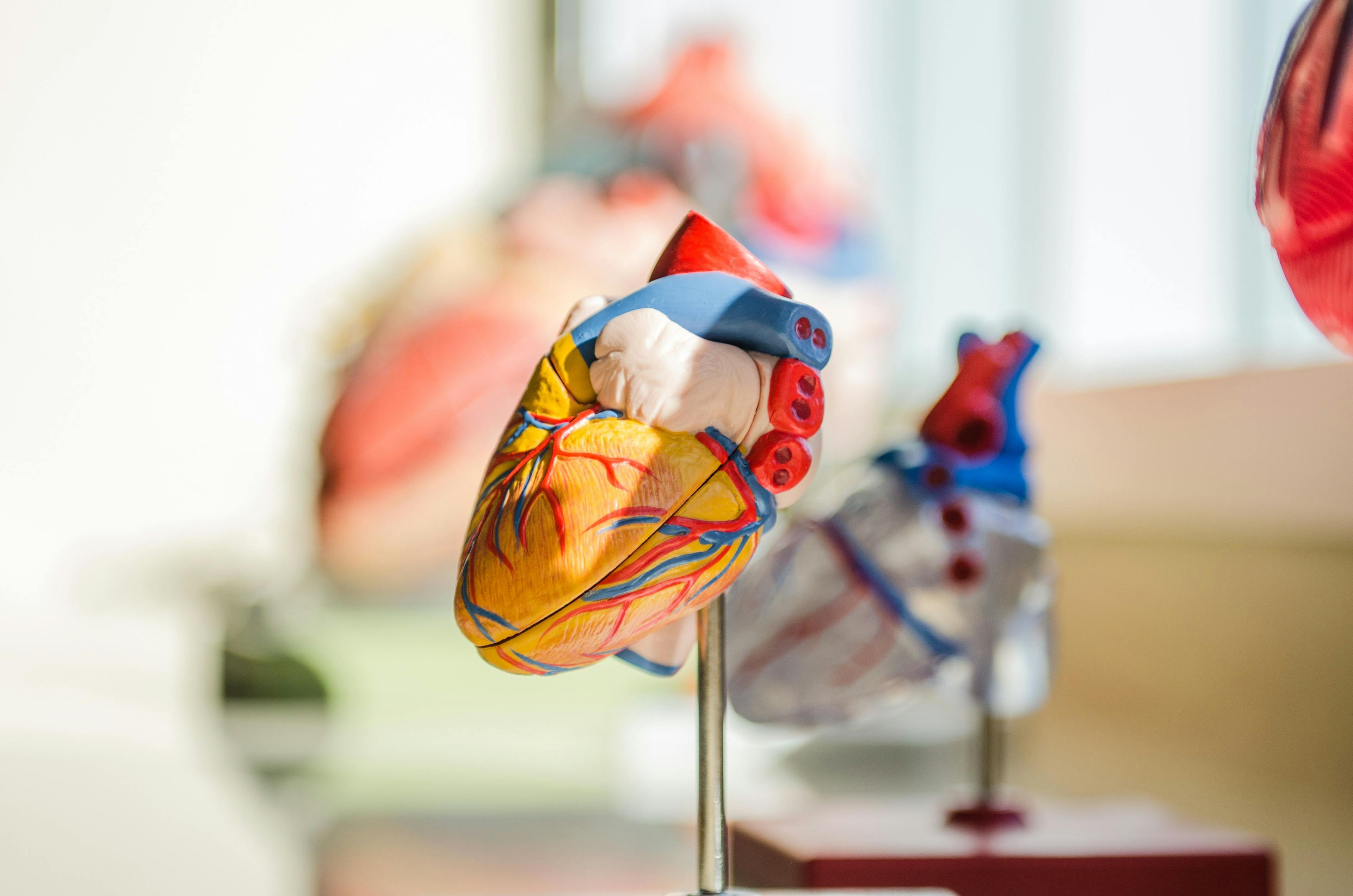Resolve to Save Lives Trans Fat Program

▲ Photo by Jesse Orrico on Unsplash
Resolve to Save Lives (RTSL) is aiming to save 94 million lives over 25 years by advocating for countries to implement policies to reduce non-communicable diseases, such as hypertension and heart disease. To reduce deaths associated with coronary heart disease (CHD), RTSL has worked with the WHO to develop guidance on best practices around implementing trans fat limits around the world. They have already successfully helped India, Brazil, Bangladesh and a number of other countries implement these limits through advocacy and technical assistance. Even after very conservative discounts to RTSL’s impact projections, we estimate this program to be more cost-effective than most of our top global health and development recommendations.
What is the problem?
In the absence of government regulations, food producers are incentivized to add trans fats to processed foods to extend shelf life and decrease costs. Trans fats have no known benefits and cause severe health problems, including CHD and other cardiovascular diseases. The WHO estimates that consumption of trans fats is responsible for at least 500,000 deaths globally each year.
Governmental restrictions on trans facts are a highly effective way to reduce global mortality. Studies looking at the effects of previously implemented bans found that the CHD death rate went down by 4.5% in New York and by 6.5% in Denmark when trans fats were restricted in those jurisdictions. These early experiences also demonstrated that producers could replace trans fats with healthier alternatives without significantly increasing costs or altering taste. Yet many countries still have no laws limiting the amount of trans fat in their food supply, leaving billions of people at risk.
Why do we recommend them?
In 2018, RTSL worked with the WHO to develop the REPLACE package, a six-step initiative to eliminate artificial trans fat from global food supplies. This initiative includes reviewing dietary sources of industrially produced trans fats, promoting trans fats replacements, legislating bans and regulations, and tracking progress to ensure that these campaigns are effective. Since then, RTSL has succeeded at getting trans-fat regulations enacted in an additional 42 countries, covering 2.6 billion people. RTSL’s trans fat elimination program has the smallest budget of all their programs, but we estimate that it’s the most cost-effective in terms of lives saved per dollar spent.
Additional funding would enable RTSL to accelerate the process of implementing the REPLACE package in new countries, with the ultimate goal of limiting trans fat in the food supply of every major country that has not yet passed such laws. We estimate that with more funding, RTSL will be able to accelerate the process of limiting trans fats globally over the next three years, saving over 10,000 additional lives.